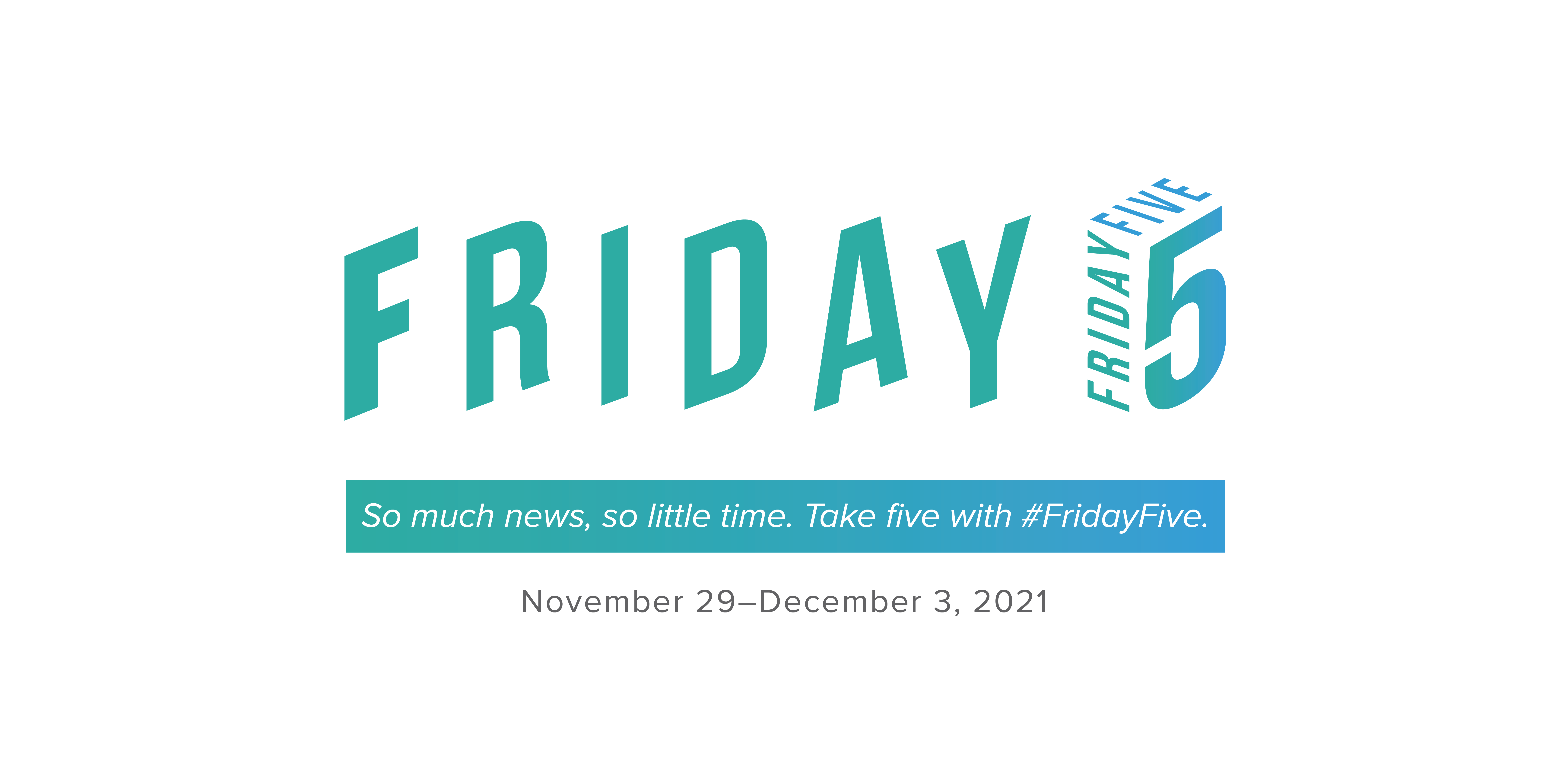
DEI
A Pledge for Diversity in the Live Music Touring Industry
Diversify the Stage, an organization founded in the Spring of 2020 with the goal of establishing accountability and promoting inclusivity within the live entertainment industry, is rolling out a new “Inclusion Initiative” in the hopes of getting key industry influencers and companies to sign on. Founded by Noelle Scaggs, lead singer of band Fitz and the Tantrums, the group’s inspiration came from Scaggs’ recognition that her own touring experience lacked diversity. Diversify the Stage’s goal is to make more space for marginalized groups that often have trouble braking into the touring industry. It’s not just hiring practices, but also adjusting how creative, supportive, and safe spaces can nurture diversity. Scaggs says, “What I’m hoping starts to change is people start to identify that it’s a good thing to publicize diversity in your infrastructure—to really take that seriously, and I hate to say it, but want to be the best at doing the right thing.” The organization has an extensive list of artists and industry leaders acting as contributing members, and the pledge has already been signed by promoters such as AEG and Live Nation. There is much more room for change in live entertainment, and this organization is leading the charge for more inclusion behind the scenes.

Industry
COVID Rising: Will New Variant Disrupt Global Entertainment?
The World Health Organization has identified a new variant of coronavirus, dubbed “Omicron,” which is causing concern amongst entertainment leaders who had just begun to embrace the industry’s noticeable pandemic recovery in recent months. While the variant is still being researched, travel restrictions have already been put in place to stop the spread. Internationally, movie attendance and ticket sales are already seeing a drop due to rising safety concerns. Potential lockdowns over the holidays would continue to hurt sales. So far, conditions are better in North America. If things worsen, however, the variant concerns could lead to studios pulling highly anticipated films and delay distribution into the first quarter of 2022. Production itself has not seemed to slow down, with movie and TV shoots still moving ahead. While the situation remains uncertain, producers are hoping that the industry’s experience with the last few waves of Covid-19 will help it adapt quickly. Industry events, such as festivals and trade fairs, are responding by requiring additional safety measures (like negative PCR tests in addition to proof of vaccination). Overall, many remain cautiously optimistic as the industry closely monitors the situation in order to stay on top of safety requirements.

Film
Silver Screen NFTs: Is the Future of Film Finance Non-Fungible?
Niels Juul, executive producer behind blockbusters like Martin Scorsese’s The Irishman, recently set up NFT Studios, a production company that will start producing feature films entirely funded by non-fungible tokens (NFTs). Investors in the company are promised a share of any film profits (and they get to meet the big Hollywood stars!) According to Juul, the company was created “to develop a new funding model for films to circumvent an antiquated Hollywood system under which smaller productions take up to eight years to reach movie or TV screens.” Finances are often key points of frustration for producers, but this new funding model can ease some production pain. NFT Studios’ first film is ready to be made, with both a Hollywood star and big name director attached, but Juul refuses to share details until the official announcement is made at this year’s Berlin Film Festival. To kick off investments, Juul made a deal with London firm NFT Investments, who have already paid $1 Million for a 20% share of the company. While details of their first film are scarce, word is it will follow the true story of Briton Brian Milton, who circled the globe in an ultralight aircraft after a friendly bet.

Awards
Back to Digital: European Film Awards Cancels Physical Ceremony
With Covid case numbers rising in Germany, the European Film Awards has made the tough decision to cancel its planned in-person ceremony on December 11. The event will now adopt a hybrid format with pre-produced material and live online broadcasting. This decision by the European Academy raises questions about the likelihood of other festivals being held in the near future, specifically the Berlin Film Festival in February 2022. Although that festival is still planning on in-person attendance, others like Munich Film Week and the Bavarian Film Awards have already been canceled. In a statement, European Film Academy director Matthijs Wouter Knol said, “In difficult times like these, we especially hope that the Awards Ceremony will bring together the European film community and reach as many film-loving members of the public as possible through streaming.” The safety of all nominees, winners, and festival staff was at the forefront of the festival’s decision to cancel the event, but the show must go on! Promoters still plan to acknowledge and highlight all the exceptional films and achievements of this past year.

Industry
Content Boom and Building Proposals: LA Soundstages in Development To Keep Up With Demand
Hollywood is still going through a giant swing toward streaming content distribution, bringing an increased demand for physical filming space. With every new show or film, more and more soundstages are needed. Current facilities are struggling to keep up with demand, often enacting high occupancy rates. And with the pandemic leaving so many office buildings empty, some companies are looking to compete in the production boom by finding opportunities to develop new LA soundstages. Several industry architects have been approached by warehouse owners about converting their spaces, but soundstages have extremely specific needs when it comes to power, layout, and meeting city codes, often making the cost of these proposed retrofits astronomical. Some new facilities could see the light as soon as this year, thanks to the money pouring in from the streaming services. Virtual and Augmented Reality productions are also adding a new component to the soundstage equation, since spaces need to be designed specifically with these features in mind.

High five! Another Friday Five is going live next week—same time, same place. We know what caught our eyes, but we’re all ears. Tell us what you’d like to learn more about in our upcoming editions by following us on Facebook, Twitter, and LinkedIn. Be sure to tag #FridayFive in your comments.
See you next Friday at 10 a.m. (PT).

